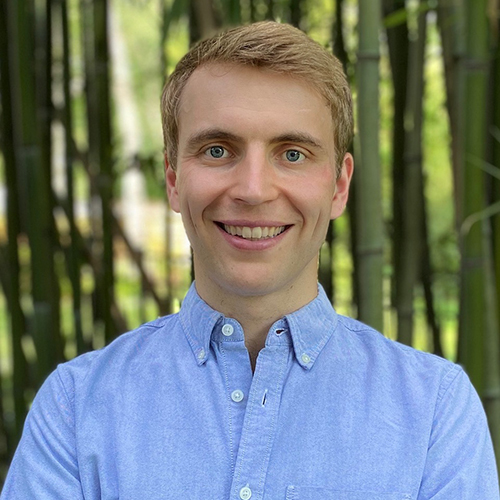The Impact of COVID-19 on Workplace Health
The COVID-19 pandemic brought significant changes to various aspects of society, including how we think about health in the workplace. One of the most pressing issues that emerged from the pandemic was understanding the extent to which workers are willing to make monetary sacrifices to preserve their health. Felix Koenig from Heinz College aimed to explore this by studying workers’ behavior during the pandemic.
Investigating Workplace Health Risks
Koenig’s research specifically focused on hourly wage workers, analyzing the decisions they made regarding their working hours in relation to the prevailing COVID-19 risks. By using a revealed-preference approach—a method where researchers study actual choices to determine people's preferences—Koenig was able to gather meaningful insights. His findings were eye-opening: workers showed a strong inclination to prioritize their health over their income. In fact, they were willing to give up 34% of their income if it meant reducing their fatality risk by just 1%.
The Implications for Workplace Policies
These findings suggest important considerations for workplace policies, especially those concerning worker safety and compensation. As workers demonstrate a clear willingness to sacrifice income for the sake of their health, businesses and policymakers alike may need to rethink how they balance workplace safety and pay structures, particularly in high-risk environments.
Building a Unique Data Infrastructure with Seed Funding
Koenig’s project was powered by seed funding from Carnegie Mellon’s Block Center for Technology and Society. This funding allowed him to build a unique data infrastructure that enabled real-time tracking of worker behavior across multiple states. What made this infrastructure groundbreaking was its ability to provide data on a daily or weekly basis, offering an up-to-the-minute understanding of workplace risks and decisions.
Additionally, the cross-state data proved significant as it factored in variations in policies such as working hours, payment structures, and unemployment insurance. This provided a richer context for Koenig’s analysis, revealing how different state policies influenced worker decisions.
The Evolving Landscape of Workplace Safety
Koenig’s work underscores how workplace safety concerns have evolved over the last century. Whereas workers in the past may have been concerned with the physical dangers of industrial environments, today’s workforce is more focused on “hidden” risks such as mental health issues, burnout, and other stress-related conditions.
Koenig also highlighted the challenges researchers face in gaining funding for social science projects like his. “Some see our project as irrelevant because we’re not developing a product,” he said. However, the Block Center recognized the value of research in the social sciences, understanding that such work is critical to advancing broader societal goals, including the development of safer work environments.
